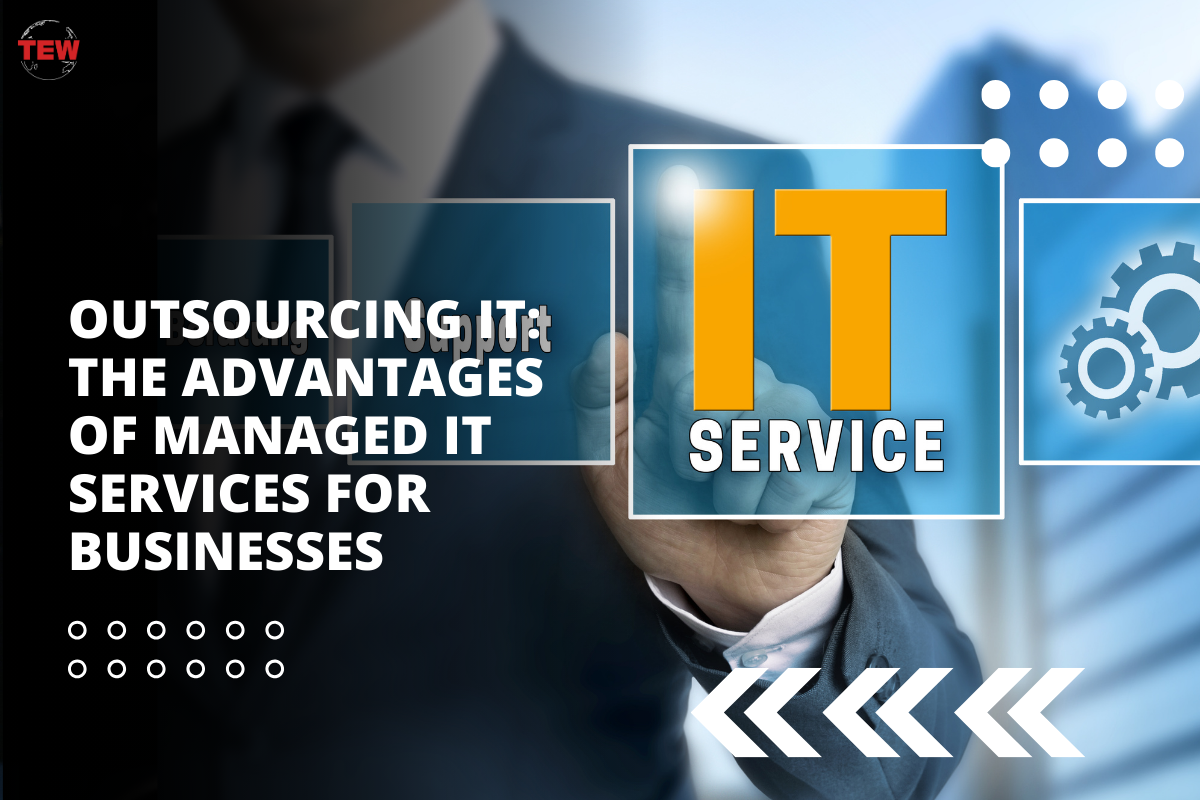Today’s technological and economical context allows for eCommerce businesses of all types to take off and thrive. However, it’s easy for new entrepreneurs to get caught up in the latest trends and follow what the current “fad” dictates. While that’s not necessarily a bad thing, launching an eCommerce businesses without knowing the fundamentals might not prove as profitable as one might think.
In this article, we’ll take a look at five types of eCommerce businesses that are actually worth starting in 2021.
We’ll also provide info on how they work and how you should focus your efforts to maximize your profits, along with some pros and cons so you’ll have a better knowledge of what you’re getting yourself into. So just keep reading to find out!
1. Dropshipping
You’ve probably heard this term quite a lot. But what is dropshipping exactly and how does it work? When you run a dropshipping business, you’ll be selling products that are not your own. Everything you sell will be packaged and shipped by a third party and you’ll never have to interact with your products, should you choose to do so. However, keep in mind that a small cut of every sale will go to the third party provider.
Pros of dropshipping:
- All you need is a website, you won’t have to buy stock or manage inventory;
- Easy way to generate passive income;
- Better cash flow;
- It’s one of the easiest ecommerce businesses models to get into.
Cons of dropshipping:
- You don’t have control over the products or their quality;
- The competition is extremely high;
- The orders come from different suppliers, so they ship separately.
2. Private Labeling
When you run a private label company, you’ll be labeling and producing stock under another retailer’s name. The retailer will give you all the details you need, such as the name of the product, the label and the packaging. You will then have to deal with delivering the requested products in a given amount of time.
Pros of private labeling:
- You have full control over prices and production;
- It’s a more flexible business model;
- Because you control the prices, you also have full control over the profits.
Cons of private labeling:
- You have no creative control over your products;
- There’s a risk of you having to deal with dead inventory;
- It might prove difficult to find your own niche.
3. Subscription
Subscription boxes are all the rage nowadays. If this eCommerce businesses model was reserved only for newspapers and magazines in the past, more and more businesses found success in the present with a subscription-based model. If you decide to go for this business model, you’ll just have to study the market and find your niche. You can find subscription boxes for pretty much anything, from food and books to coffee, beauty and video games. The mobile e-commerce or m-commerce industry is moving at fast pace. You can find some interesting Mobile eCommerece Statistics here.
Pros of subscription boxes:
- The monthly income is easier to predict;
- It has a huge potential for untapped markets – you might become the next unicorn;
- Better customer relationships;
- Good marketing for the vendors you work with.
Cons of subscription boxes:
- You run a high risk of cancellation;
- The competition is extremely high;
- Customers are apprehensive when it comes to “contracts”;
- You might find it difficult to keep a customer’s interest.
4. Freemium
The freemium model is usually associated with digital goods and services. When a customer signs up for a freemium website or app, they’ll still be able to use it but with reduced functionality. The catch here is that you’ll have to provide enough value for the client to use the free version of your product, while providing good enough reasons for them to sign up for a premium version.
Pros of freemium:
- It’s easier to get a large user base;
- Better opportunity to upsell and monetize the user base;
- No barrier to enter means more people will use your product;
- You can set and control differential pricing.
Cons of freemium:
- You risk lower conversion rates;
- The customer support for paying users might eat away a huge chunk of budget;
- You risk a higher churn rate;
- You can’t always expect a fast and easy return from the users.
5. White Labeling
When you run a white labeling type of ecommerce businesses, you’ll basically be choosing a product that’s successfully sold by another company and selling it under your own brand. Of course, you’ll need to make sure that there’s a white label version of the said product. White labelling is most common in the beauty and wellness industries, but that doesn’t mean you can’t find success in another niche.
Pros of white labeling:
- The cost of production is relatively small;
- You can grow your brand faster and better;
- It’s easier to innovate and improve upon the products;
- Better customer access to the products.
Cons of white labeling:
- The product quality might be inconsistent;
- You have less control over production;
- You might risk alienating your customers, as a consequence of inconsistency;
- Not a very good choice for smaller brands.
Final Thoughts
Now that you have a list of the best ecommerce businesses models to start in 2021, you’re almost ready to get started. Why almost? Because no matter what model you choose, you’ll have to do some intense planning and research before you launch your eCommerce businesses. You’ll also have to find funding solutions, come up with a solid marketing strategy and find ways to continuously engage your customers.
If you found this article useful, don’t forget to give it a share. Who knows, maybe someone else in your circle wants to start an eCommerce businesses but doesn’t know how to. We hope this helped set you on the right path and we can’t wait to see your ecommerce businesses take off!





